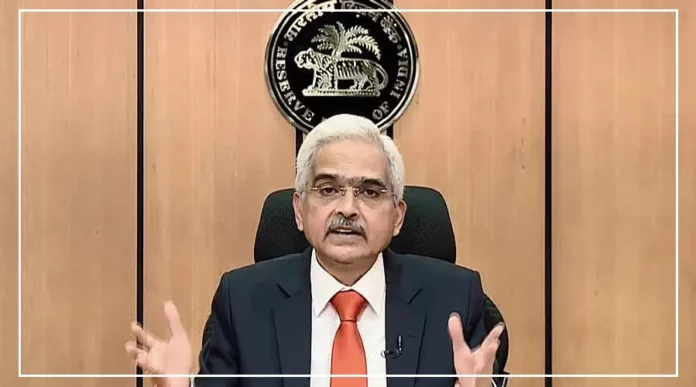New Delhi:
In a pivotal move, the Reserve Bank of India (RBI) has rolled out five groundbreaking rules aiming to revolutionize the landscape of Credit Information Bureau (CIBIL) scores.
Set to take effect from April 26, 2024,
these rules are poised to benefit loan applicants, ensuring a more transparent and customer-centric approach.
1. Mandatory CIBIL Check Information for Customers
The RBI mandates that credit information companies must notify customers every time their credit report is checked by a bank or non-banking financial institution.
This information can be conveyed through SMS or email, addressing concerns and complaints surrounding credit scores.
2. Enhanced Transparency: Reason for Rejection
For improved transparency, financial institutions are now required to provide a clear reason for rejecting a customer’s loan application.
This empowers borrowers by offering insights into the decision-making process, helping them understand and address any shortcomings.
3. Annual Free Full Credit Report for Customers
Under the new guidelines, credit companies are obligated to provide customers with a free full credit report annually.
This initiative enhances financial literacy, allowing borrowers to monitor and understand their CIBIL score and complete credit history without incurring additional costs.
4. Timely Notification Before Reporting Defaults
In a bid to prevent adverse impacts on credit scores, lending institutions must inform customers before reporting any defaults.
SMS or email notifications will be sent to customers, ensuring they are aware of impending defaults, giving them an opportunity to rectify the situation promptly.
5. Expedited Complaint Resolution with Fines for Delay
A robust mechanism is in place to expedite complaint resolution. Credit information companies failing to address customer complaints within 30 days will incur a daily fine of Rs 100.
Similarly, loan disbursing institutions have a 21-day window, and credit bureaus have 9 days to resolve complaints.
Guidance for Improving CIBIL Scores
Experts suggest maintaining financial discipline for a positive credit score.
Timely payment of EMIs for six to eight consecutive months significantly improves the CIBIL score.
Additionally, avoiding exceeding credit card limits and refraining from settling loans are vital in safeguarding a healthy credit score.
Understanding CIBIL Scores: What You Need to Know
- Very Good: 800 to 850
- Good: 799 to 740
- Fair: 739 to 670
- Very Poor: 579 to 300
CIBIL Score Deterioration Factors
- Failure to pay loans on time
- Exceeding credit limits
- Loan defaults and settlements
- Becoming a loan guarantor
Caution Against Repeated Credit Score Checks
Multiple credit score checks by different banks simultaneously may negatively impact the CIBIL score.
It is crucial to distinguish between hard CIBIL score checks by banks and soft score checks by users through apps, as both contribute to the overall creditworthiness assessment.
